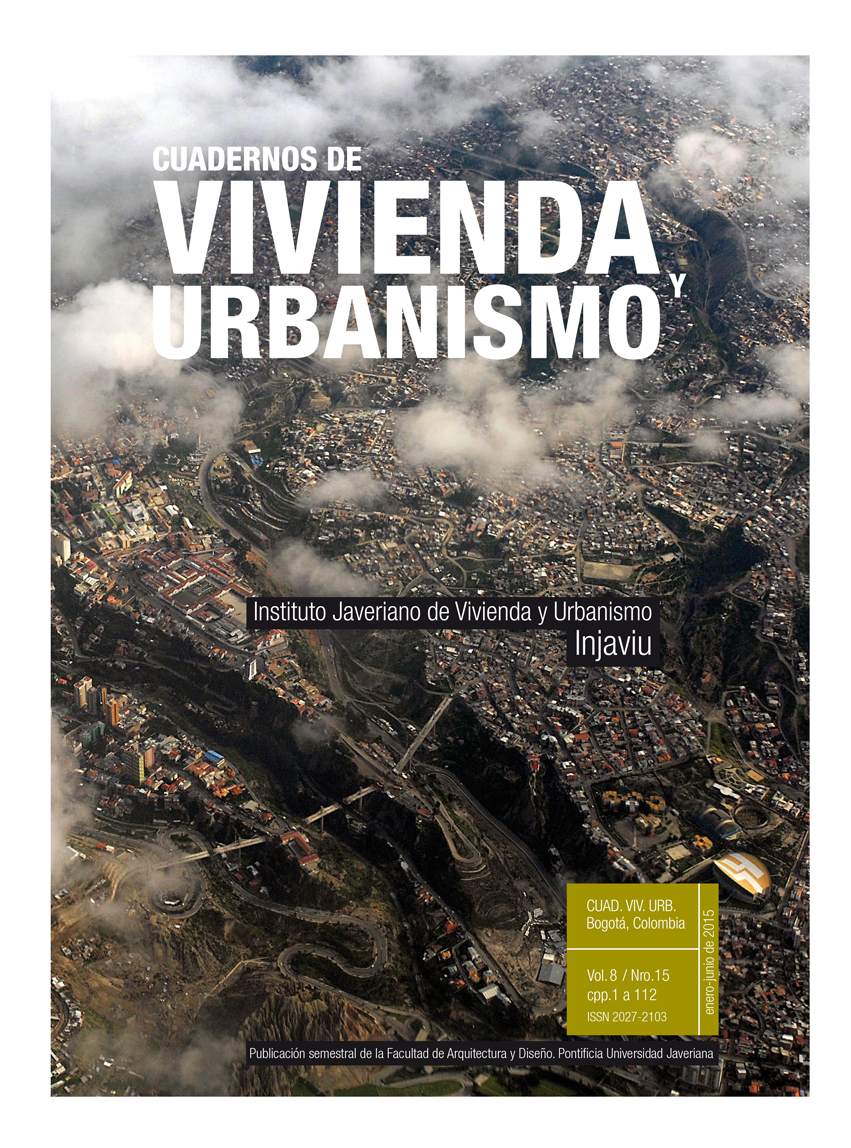Resumen
El presente trabajo reconoce los beneficios de las técnicas participativas de diseño parala producción social y sustentable del hábitat, al equilibrar soluciones bioclimáticas conlos intereses de los beneficiarios. Como metodología, se aplicaron talleres comunitariosorientados tradicionalmente solo a la vivienda, para el diseño participativo de espaciosurbanos conexos y sus redes en un conjunto habitacional de la provincia de Mendoza(Argentina). El desarrollo de talleres de diseño participativo pone de manifiesto la importanciade transferir a la comunidad beneficiaria de planes de vivienda de interés social losconceptos de la arquitectura bioclimática y sus implicaciones en la calidad de vida de laspersonas, el ahorro energético y la sustentabilidad ambiental. Los resultados indican quees posible conciliar el diseño de espacios urbanos eficientes energética y ambientalmentecon cero sobrecosto y que, al mismo tiempo satisfagan las expectativas de los usuarios.Esta revista científica se encuentra registrada bajo la licencia Creative Commons Reconocimiento 4.0 Internacional. Por lo tanto, esta obra se puede reproducir, distribuir y comunicar públicamente en formato digital, siempre que se reconozca el nombre de los autores y a la Pontificia Universidad Javeriana. Se permite citar, adaptar, transformar, autoarchivar, republicar y crear a partir del material, para cualquier finalidad (incluso comercial), siempre que se reconozca adecuadamente la autoría, se proporcione un enlace a la obra original y se indique si se han realizado cambios. La Pontificia Universidad Javeriana no retiene los derechos sobre las obras publicadas y los contenidos son responsabilidad exclusiva de los autores, quienes conservan sus derechos morales, intelectuales, de privacidad y publicidad.
El aval sobre la intervención de la obra (revisión, corrección de estilo, traducción, diagramación) y su posterior divulgación se otorga mediante una licencia de uso y no a través de una cesión de derechos, lo que representa que la revista y la Pontificia Universidad Javeriana se eximen de cualquier responsabilidad que se pueda derivar de una mala práctica ética por parte de los autores. En consecuencia de la protección brindada por la licencia de uso, la revista no se encuentra en la obligación de publicar retractaciones o modificar la información ya publicada, a no ser que la errata surja del proceso de gestión editorial. La publicación de contenidos en esta revista no representa regalías para los contribuyentes.


